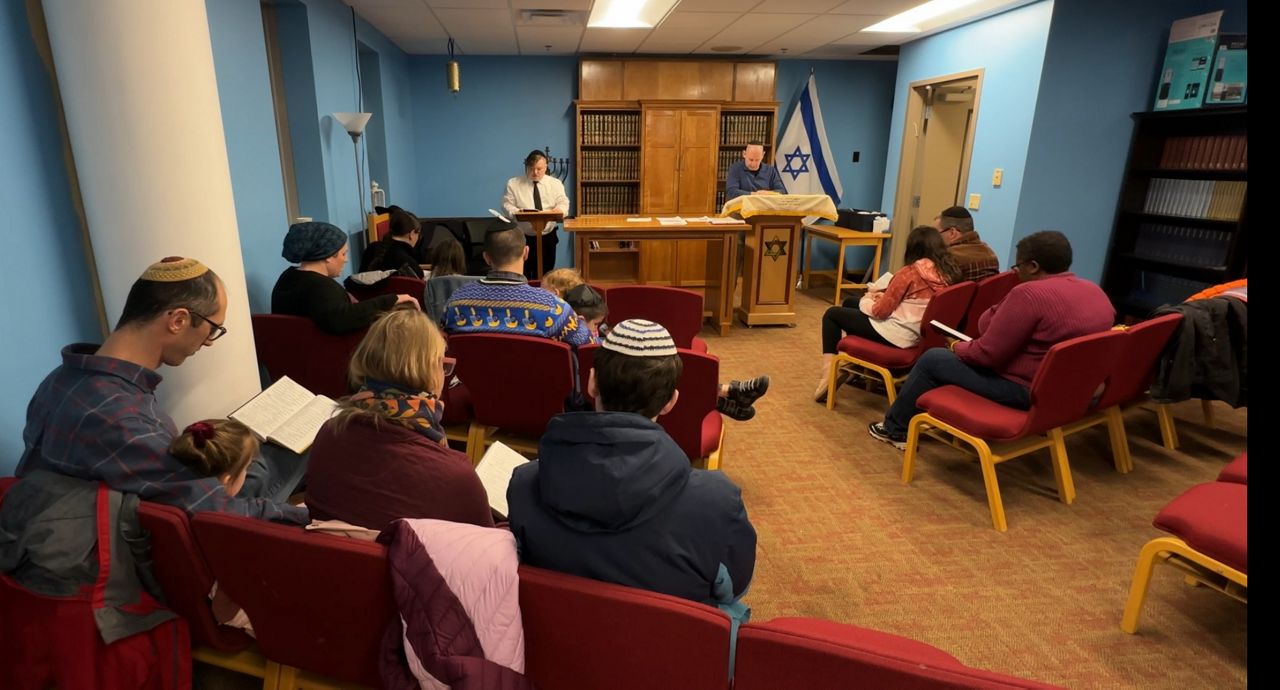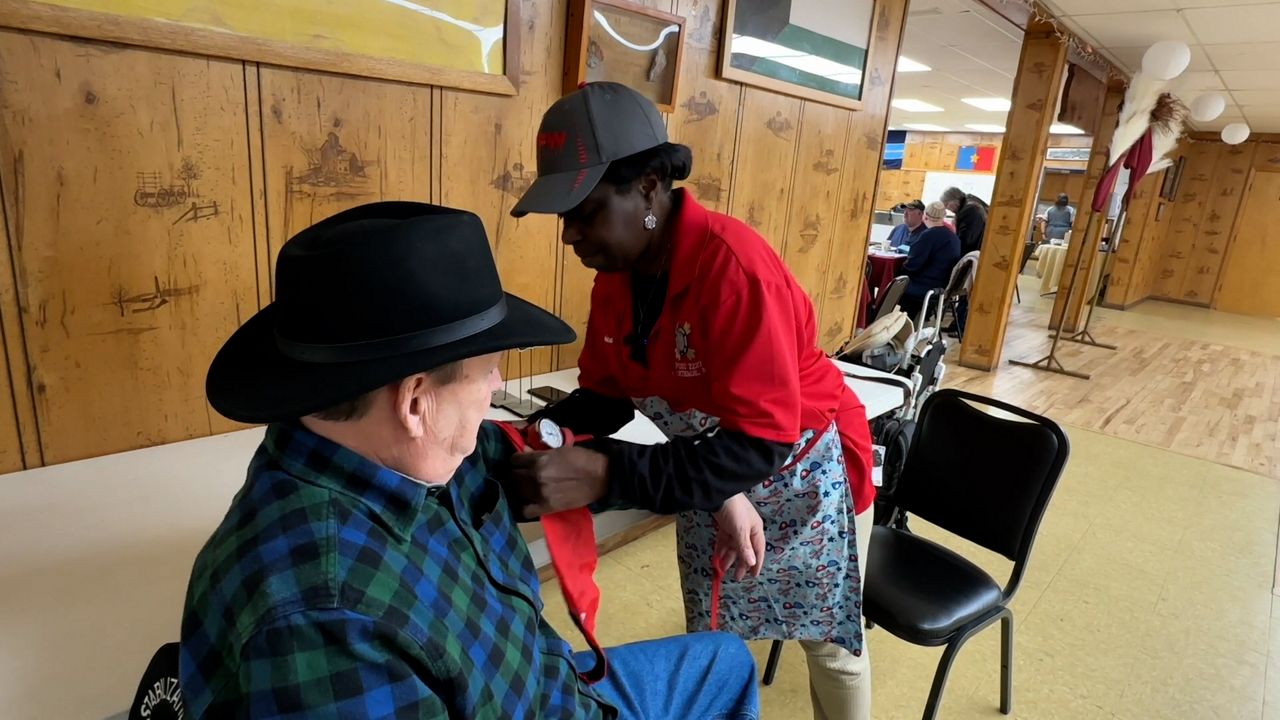There are more than 5,000 solar farms across the nation, however, last year, three of New York’s farms caught fire, and responders struggled to figure out a plan of action.
One of those farms is up in the North Country, where a small, volunteer department has been helping others learn as New York state prepares major changes to policy.
“It was absolutely a lot of confusion,” Chaumont Volunteer Fire Department Chief Will Lipczynski said.
It was in July of last year that a terrifying sight left no one sure what to do.
“We were not sure if we were supposed to put water on it. We were supposed to just sit and wait. We were supposed to get foam,” Lipczynski added.
There was so much confusion, so much uncertainty, that roughly 30 fire departments responded to the lithium battery fire on a solar farm in Chaumont.
“Just trying to get a hold of company to get all the proper data sheets and trying to get them in a timely manner was very hard at the time,” Lipczynski recalled.
Departments that arrived were so worried about chemical reactions, toxins getting in the air or in the ground, that they simply could not take action.
"You don't want to be wrong. We don't we don't want to jeopardize the firefighters that are up there close to it working. Obviously, we don't want to jeopardize anyone in the public,” Lipczynski said.
Now, finally, a year later, crews are back on site, cleaning up and removing the damaged batteries to replace them with new ones. The holdup we’re told was regarding insurance issues and getting permits to take those damaged batteries across state lines.
“It’s nice to see everything come full circle, and just see the end in sight,” Lipczynski said.
While never asking for the job, over the past year, Chaumont has become the expert — the go-to — for departments across the country to learn more about solar and battery.
“Our brother and sister firefighters, you know, when they call and they have a question, that's nice to be able to answer a question,” Lipczynski added.
And over that year, the department has learned a lot.
“Now we know we can run a very low volume of water [to keep it cool], have three or four tankers go in, set it up and let it go,” Lipczynski said.
It's knowledge that ensures a Hazmat team on-site to collect and test groundwater and air samples. Luckily, in this case, no harmful levels of toxins were found.
“Is it still a very serious fire? Absolutely,” Lipczynski added.
New York state agrees. It's why a working group was established to advance some recommendations in case of future fires.
Among other things, including removing a fire code exception for electric utilities that own or operate a solar farm, those recommendations include proper response signage on-site, independent peer reviews of installation and having qualified and knowledgeable personnel nearby.
“There’s always room for improvements, but hopefully, they don't go too quickly and forget some of the small issues that we can arise,” Lipczynski said.
Issues he says like ensuring departments have the proper technology and equipment to fight these types of fires.









